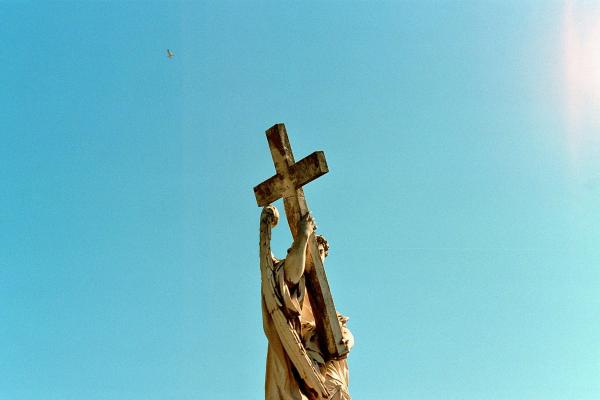ON MAY 20, Christians around the world celebrate Pentecost, which commemorates the coming of the Holy Spirit to the earliest followers of Jesus on the 50th day following his resurrection on Easter Sunday. When I read Acts 2 and imagine the room filled with the small band of believers, a sound “like the rush of a violent wind” and tongues “as of fire” resting above each of their heads, my faith is excited, too.
While there were only 120 gathered in that room, 3,000 were added to their number that day. The power of Jesus, the identity of being a follower of Jesus Christ, and the catalyst of the Holy Spirit is such that in the years since, a tiny group of believers in 33 C.E. has blossomed to 2.2 billion who claim Jesus as Lord today.
Yet there have been times in the long history of Christianity when significant numbers of believers have gone astray, having lost the priorities of Jesus. Indeed, in some such times (the Crusades, the Inquisition, the colonization of Africa and the Americas, slavery, Jim Crow, anti-Semitism, and the Holocaust all painfully come to mind), people claiming the mantle of Christianity have committed terrible atrocities in the name of their faith.
Read the Full Article

